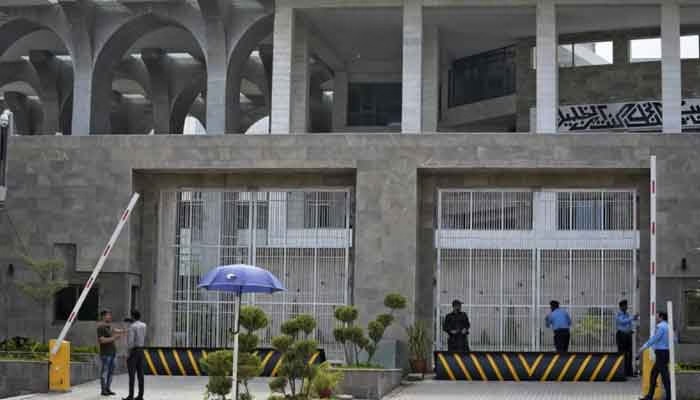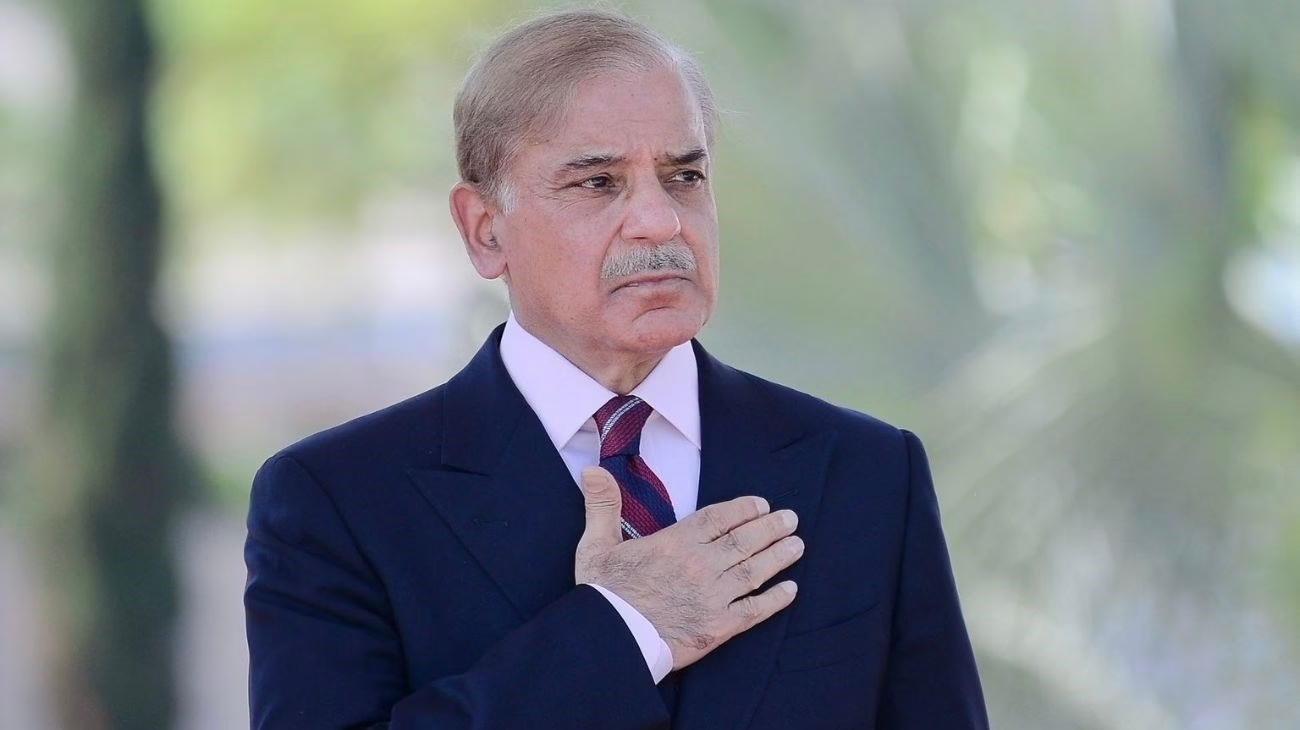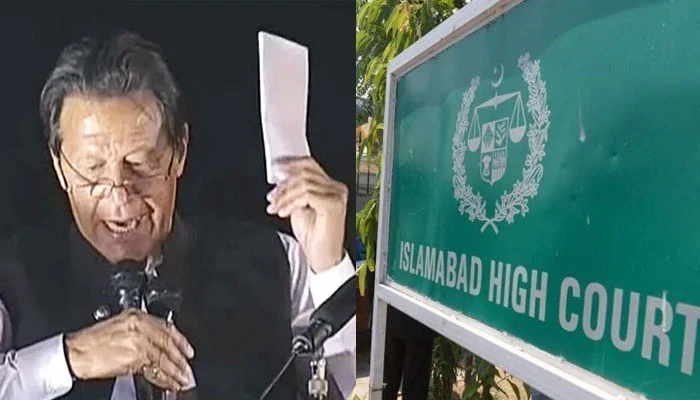The Chief Justice of Islamabad High Court, Aamir Farooq, expressed strong dissatisfaction with the federal capital’s administration during a hearing on the contempt of court plea filed by businessmen. The plea concerned the disruption caused by the Pakistan Tehreek-e-Insaf (PTI) protest on November 24, which resulted in the shutdown of Islamabad. Justice Farooq criticized both the government and PTI, highlighting the violation of citizens’ fundamental rights and the adverse impact on local businesses.
The Court Hearing: Key Highlights
During the hearing, DSP Legal Sajid Cheema, State Counsel Malik Abdul Rehman, and other officials were present. The session revolved around the administrative decisions taken during the protest and their consequences on Islamabad’s residents and business community.
Chief Justice Aamir Farooq’s Observations
Justice Farooq expressed frustration with the administration’s handling of the situation, stating:
- You were supposed to restore law and order, but instead, you shut down the whole of Islamabad.
- He questioned why the rights of ordinary citizens and businessmen were compromised amidst the government’s conflict with PTI.
The petitioner, representing the business community, argued for the continuity of their operations, emphasizing the severe losses incurred due to the citywide shutdown.
Criticism of Administrative Actions
Justice Farooq criticized the administration for attributing their inaction to court orders, noting that the court had only directed the authorities to balance the rights of all stakeholders, including protesters and citizens.
- “You claimed on media platforms that permission was denied on the High Court’s orders, but the court’s directive was clear: ensure the fundamental rights of citizens and businesses.”
The judge also condemned the administration for failing to provide security clearance during the protests, resulting in the closure of district courts and disruptions to the Islamabad High Court’s operations.
Accountability for PTI
In his remarks, Justice Farooq also held PTI accountable for disregarding court orders and creating chaos in the capital. He questioned the party’s leadership about the harm inflicted on ordinary citizens during their protest.
- If PTI was at fault, the government was equally culpable. What was the fault of the petitioner and other ordinary citizens?
The court emphasized that protests should not come at the cost of public inconvenience, urging all parties to respect the rule of law and citizens’ rights.
Impact on Citizens and Businesses
The citywide shutdown during the PTI protest had far-reaching effects, including:
- Business Losses: Traders and shopkeepers faced significant financial setbacks due to the closure of markets.
- Disrupted Daily Life: Commuters and residents were left stranded as key roads and services were shut down.
- Judicial Delays: The Islamabad High Court and district courts could not function properly, impacting legal proceedings.
Justice Farooq’s Call for Accountability
Justice Farooq directed the State Council to provide a detailed report on the government’s actions during the protest. He emphasized the need for transparent accountability to prevent such incidents in the future. The court also postponed the hearing until next week, giving the administration time to furnish the required documentation.
Balancing Protest Rights and Public Welfare
The case highlights the ongoing challenge of balancing the right to protest with the need to maintain public order. While protests are a fundamental democratic right, they must not infringe upon the rights of others or disrupt daily life. Justice Farooq’s remarks underscored the importance of responsible governance and accountability in such situations.
The Islamabad High Court’s proceedings on the PTI protest have brought to light the critical need for balanced and effective administration during politically charged events. Chief Justice Aamir Farooq’s firm stance on protecting citizens’ rights and holding all parties accountable serves as a reminder of the judiciary’s role in upholding justice. The case’s outcome will likely set a precedent for managing similar situations in the future, ensuring that protests do not come at the expense of the public’s welfare.



